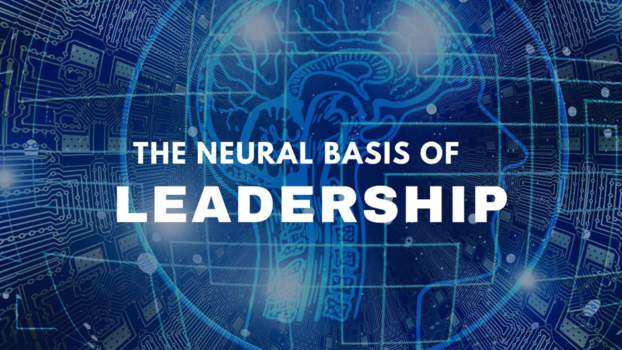“Leadership is the quality of behaviour of individuals whereby they guide people or their activities in organising efforts” — Chester I. Barnard.
How surprised will you be when you know that leadership can be affected, guided and moulded by our brain? Yes, brain being a tiny yet a vital organ also plays a key role in laying a solid foundation to the leadership qualities an individual possess. Researches have concluded that brain can affect the leadership qualities of an individual. Neuroscience is a field which plays an important role in reshaping our common definition of leadership. Synchronising both science of brain and leadership offers hope for a real change in a leader and also within an organisation. Neuroleadership, a subfield of neuroscience was introduced to analyse how the brain might affect the leadership abilities. According to Ringleb and Rock, it focuses on how individuals make decisions, solve problems, regulate their emotions, collaborate with and influence others, and facilitate change in a social environment. Focusing on the scientific aspects of human behaviour opens door for a good change, especially in this era. How important do you think it is, to apply the same to an organisation? Applying this concept of neuroleadership in the workplace can create a brain engaging atmosphere where people thrive and perform at their optimal best. People will have a stress-free yet rewarding working atmosphere, encouraging them to work their best. This field of neuroleadership explores the neural basis of leadership and management practices, making its way to a better management surrounding.
Introducing the concept of neuroleadership into an organisational setting requires a proper planning. Creating the inner motivation is the key to have better results. It is been proven that inner motivation drives the person towards the goal. So, it is very important to seed your ideals in the employees. As the organisational setting are turning out to be more people oriented, it is also very important to understand how to connect them rather than just managing them.
There are a lot of benefits neuroleadership offers for the employer as well as the employee. Some of them are:
*It helps in transforming your organisations with scientific strategies.
*It helps in creating stress-free environment leading to increased productivity.
*It helps in understanding a creating a good rapport among the people.
*It creates a healthy and fulfilling environment in your organization
David Rock, in 2006 came up with SCARF model, which stands for the five key elements that influences our behaviours in social situations. They are: Status – our relative importance to others, Certainty – our ability to predict the future, Autonomy – our sense of control over events, Relatedness – how safe we feel with others, Fairness – how fair we perceive the exchanges between people to be. It is been claimed that these 5 elements activate the threat and reward centres of brain. Feeling threatened may block our creativity, can reduce our ability to solve problems, and can even make it harder for us to communicate and collaborate with others. But, when we feel rewarded, we feel empowered, and we want to do a good as well as better job. The SCARF Model can help you to minimize threats, and to maximize the reward, and corresponding to general overall positive feelings when working alongside others. Doing this can help us to collaborate better and make us an effective working individual.
Now, what if I say that your thoughts, feeling and emotions are not things that are, or that you have, but things that you do? Richard Bandler and John Grinder in the 1970s introduced the concept of Neuro linguistic programming. Also called NLP, it claimed that it can take control of someone’s thoughts emotions and behaviors and produce the desired outcome. Though it sounds interesting as well as scary, NLP is great for improving our communication and influence skills. It also helps us in developing our logical, emotional and intuitive intelligence, which are particularly useful to survive and thrive in the world today.
Considering all the generalizations of human beings regarding neuroleadership, it is important to keep in mind that, it is a diverse society and we should respect and accept different types of people. Also, while there is still a lot to know about brain and it effect our leadership qualities, Researches continues to prove the neural basis of leadership. It is also worth mentioning that NLP is still considered as a pseudoscience. NLP practitioners still argue that it helps you to learn to take control of your mind and how you respond to the world. However, various researches and experiments are still under study of the same.
Key Takeaways:
- Neuroleadership is a subfield of Neuroscience.
- It analyses how the brain might affect the leadership abilities.
- It has a lot of benefits which includes reduced stress, better results, increased productivity etc
- SCARF model deals with the threats and rewards in the social situations that we have to face
- Neuroleadership is a developing area, and wide ranges of researches and studies are going on under the same.
- Neuro linguistic programming, NLP helps you to learn to take control of your mind and how you respond to the world.
- Both neuroleadership and NLP are emerging subjects and various researches and findings are still under study.

